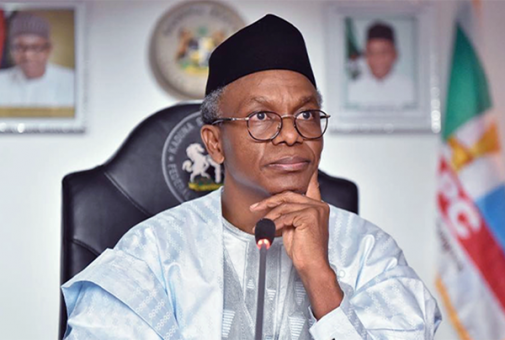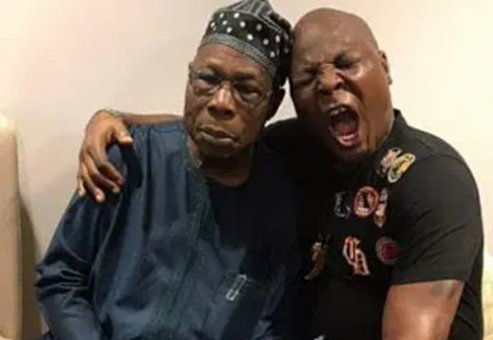
Ngozi Okonjo-Iweala, the Chief of the World Trade Organization (WTO), has highlighted concerns about the future of global trade, describing the current times as “troubling.” In the WTO’s annual report, she emphasized that the future of trade will increasingly revolve around services, digitalization, and the green economy. This reflects a growing recognition of the shifting dynamics in global commerce towards sectors that are less traditional and more aligned with modern economic and environmental challenges.
Ngozi Okonjo-Iweala, the head of the World Trade Organization, expressed on Tuesday that global commerce is currently facing challenging times, noting a concerning rise in protectionism. This observation underscores the growing trend towards countries implementing protective measures that could potentially hinder international trade and economic cooperation on a global scale.
Okonjo-Iweala noted concerns about trade potentially fragmenting along geopolitical lines after years of discussions about decoupling economies. Despite these challenges, she also identified opportunities, particularly in digitalization, which could foster growth and create jobs globally. Her remarks reflect a nuanced perspective on the evolving landscape of international trade and its intersections with broader geopolitical and environmental issues.
In her assessment, Ngozi Okonjo-Iweala highlighted the potential for trade to contribute positively by enhancing global food security and advancing efforts towards achieving net-zero emissions. This perspective underscores the role of international trade in addressing crucial global challenges such as food supply and environmental sustainability.
The WTO’s annual report reviewed the organization’s activities throughout 2023 and early 2024. It specifically mentioned the 13th ministerial conference held in Abu Dhabi from late February to early March. The conference concluded with a temporary extension of an e-commerce moratorium but did not achieve agreements on contentious issues like agriculture and fisheries. This outcome underscored significant divisions among WTO members amidst geopolitical tensions and economic challenges that are impacting global commerce.
Ngozi Okonjo-Iweala pointed out that in the previous year, global merchandise trade volumes experienced a decline of 1.2 percent, following a growth of 3.0 percent the year prior. This downturn was attributed to several factors, including inflationary pressures and high energy prices, which continued to impact economies worldwide. Despite these challenges, Okonjo-Iweala expressed optimism regarding digital trade, emphasizing its potential to foster economic resilience and innovation in the face of ongoing global economic uncertainties.
According to the WTO report, while global merchandise trade experienced a decline, the growth in services trade helped offset some of this downturn. Services trade notably grew by nine percent in terms of value, driven by a surge in post-pandemic tourism activities.
The total value of global goods and commercial services trade reached $30.4 trillion last year, nearing record highs despite challenges in the merchandise trade sector.
Ngozi Okonjo-Iweala emphasized that digital commerce is expanding at a much faster rate than traditional trade. She underscored her belief that the future of global trade lies in services, digitalization, and green economy initiatives. This perspective reflects a recognition of shifting economic dynamics towards sectors that are increasingly important for sustainable and innovative growth in the global economy.
Efforts to establish global digital trade rules made progress recently, as negotiations concluded with a draft text that outlines various measures. Despite this milestone, further discussions are likely needed because the United States and several other countries have not yet agreed to the text.
The draft text includes provisions aimed at protecting online consumers, digitalizing customs procedures, and recognizing electronic signatures. These measures are designed to promote and facilitate digital transactions on a global scale.
Valdis Dombrovskis, the European Union’s trade chief, described the draft text as “historic,” noting that it represents the first global rules on digital trade. He highlighted the potential benefits of these rules, including easier e-transactions, enhanced innovation, and greater integration of developing countries into the digital economy. These developments mark a significant step towards establishing a regulatory framework that supports and regulates digital trade across international borders.





